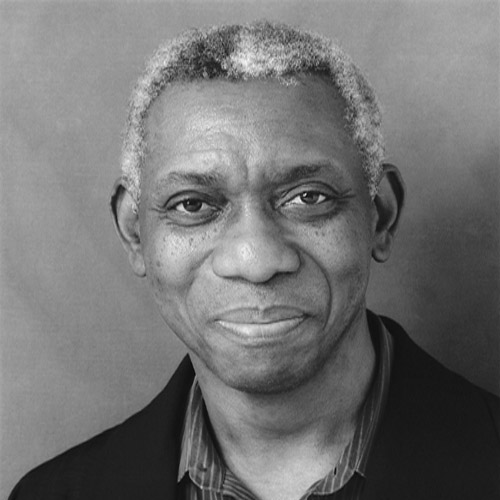My black face fades,
hiding inside the black granite.
I said I wouldn't
dammit: No tears.
I'm stone. I'm flesh.
My clouded reflection eyes me
like a bird of prey, the profile of night
slanted against morning. I turn
this way—the stone lets me go.
I turn that way—I'm inside
the Vietnam Veterans Memorial
again, depending on the light
to make a difference.
I go down the 58,022 names,
half-expecting to find
my own in letters like smoke.
I touch the name Andrew Johnson;
I see the booby trap's white flash.
Names shimmer on a woman's blouse
but when she walks away
the names stay on the wall.
Brushstrokes flash, a red bird's
wings cutting across my stare.
The sky. A plane in the sky.
A white vet's image floats
closer to me, then his pale eyes
look through mine. I'm a window.
He's lost his right arm
inside the stone. In the black mirror
a woman’s trying to erase names:
No, she's brushing a boy's hair.
Published:
1988
Length:
Regular
Literary Movements:
Surrealism
Anthology Years:
2020
2023
Themes:
Death & Loss
Police Brutality
Politics
Racial Injustice
Violence & War
Literary Devices:
Juxtaposition
the fact of two things being seen or placed close together with contrasting effect
Metaphor
a comparison between two unrelated things through a shared characteristic
Personification
the attribution of human qualities to a non-human thing
Sensory Detail
words used to invoke the five senses (vision, hearing, taste, touch, smell)
Simile
a comparison between two unlike things using the words “like” or “as”

